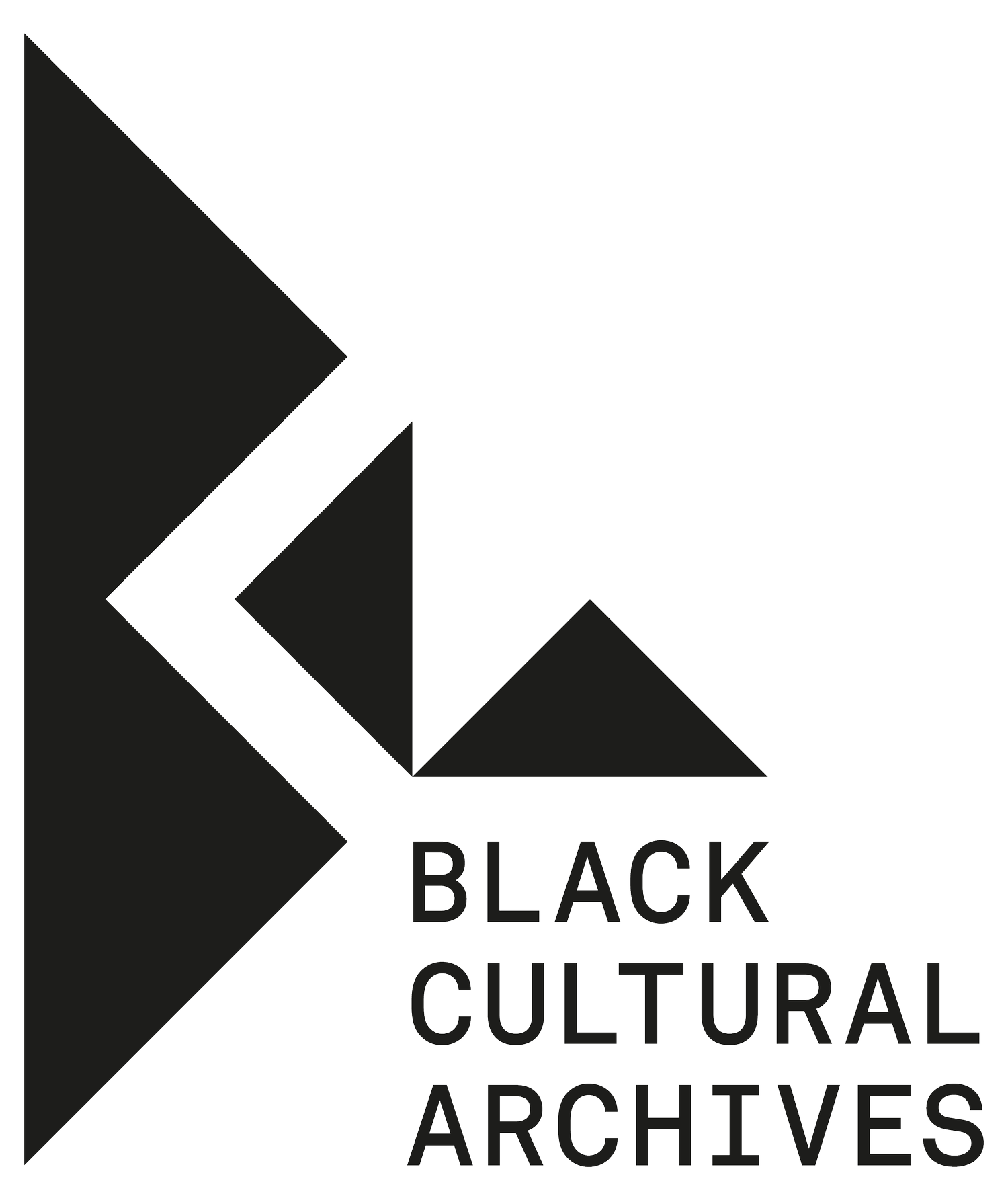Undaunted: The Melba Wilson Archive Project
This year, we launched the Melba Wilson Collection, as part of our Wellcome Trust funded project to catalogue Melba Wilson’s papers.
The collection spans over 40 years of Melba Wilson’s work in national and regional mental health programmes, policy units and services, including grassroots and community activism alongside formal policy work and leadership. As part of the project we are creating digital outputs, delving further into the stories and legacies of Black mental health initiatives in the UK.
Our researcher-in-residence, Miranda Armstrong has produced this online exhibition which looks outwards from Melba Wilson’s political and personal practice. The exhibition focuses on women’s experiences of motherhood and resistance in the 1970s, exploring how experiences of motherhood shaped wellbeing outcomes for Black women in the UK.
Through Melba Wilson’s papers, we can better understand what Black and minority ethnic Mental Health activism looked like, and why it was needed. This exhibit offers an introduction to the pioneering work of Black and minority ethnic mental health initiatives through the story of the Ipamo project.
PAST EVENTS
The Healthy and Wise reading group
Four fortnightly meetings, looking at the Healthy and Wise anthology
This summer, we are collaborating with our researcher-in-residence Miranda Armstrong to delve further into the stories and legacies of Black mental health initiatives in the UK.
As part of this programme we are looking back at the anthology ‘Healthy and Wise: The Essential Health Handbook for Black Women’ edited by Melba Wilson. Published nearly 30 years ago, the book provides advice and information on a range of matters regarding Black women’s health, taking up the political issues that impede the delivery of good healthcare: lack of accessibility to care and culturally insensitive treatment. The anthology features contributions from writers such as Elizabeth Anionwu, Beryl Gilroy, Audre Lorde, Patricia Palmer, Ann Phoenix, Khaleghl Quinn and Alice Walker.
Through engaging with the essays in the book, we will consider if and how health outcomes for Black women have changed since the book was first published in 1994 whilst also providing a space to discuss the social and political dimensions of Black women’s health experiences. Each session we will focus on two essays within the anthology, each exploring different themes. Participants are encouraged to attend all the reading groups if possible.
In these reading and discussion groups we will work under an inclusive definition of Black womanhood, encompassing both cis and trans women. We invite all those who feel they would benefit from the space and discussion to join us.
Sessions included readings from:
•Sick and Tired of being Sick and Tired: The Politics of Black Women’s Health by Angela Davis
•Stress and Us by Sheridan Burton and Leonora Kate
•Introduction to Healthy and Wise by Melba Wilson
•A Career in the National Health Service by Melba Wilson
•Taking the Home out of Homophobia: Black Lesbian Health by Jewelle L Gomez and Barbara Smith
•Black Women and Health: A Political Overview of British Health Care by Protasia Torkington
•Early Motherhood and Black Women by Ann Phoenix
•Black Old Age... The Diaspora of The Senses by Beryl Gilroy
A mental health roundtable
On Thursday 31st March 2022, in partnership with Decolonising The Archive (DTA), we were joined for a roundtable event discussing contemporary initiatives and research into Black mental health.
Our residents, Decolonising the Archive (DTA) interviewed Melba Wilson for DTA RADIO
Biographies:
Melba Wilson OBE, FRS. In a professional capacity Wilson's work includes a broad public policy portfolio in health and social welfare, in both the statutory and voluntary sectors including work for Mind, as Policy Officer, Race & Mental Health Adviser and finally, as Policy Director during a six-year period. Her ongoing public policy and service development work with bodies include The King's Fund, as well as with Black and minority ethnic community groups. Previously, she was a Non-Executive Director of South West London & St. George's Mental Health NHS Trust. She was involved in various government working groups, including the London Race Equality Group and the NHS Appointments Commission's Advisory and Black and Minority Ethnic Advisory Groups.
Decolonising the Archive (DTA) are a collective that, "mobilise History, surfacing narratives that speak to Black African and Caribbean experiences on the continent and in the diaspora”. Their fundamental aim is to develop an African-centred approach to how people of African heritage 'do history'. Decolonising The Archive exists to ensure that #blackarchives are defined and disseminated by people of African heritage. Through their radio project, DTA.LIVE RADIO, they are collaborating with the Black Cultural Archives to explore a whole new way to connect to our history and shape our future. From oral histories and music to features and radio plays DTA.LIVE draws on the long history of #blackradio in the UK to bring our stories to life in a way which centres us.
Miranda Armstrong is a researcher and writer currently based at the University of York and is a PhD candidate in the sociology department at Goldsmiths College. Miranda held the prestigious Economic and Social Research Council PhD scholarship, and has taught sociology and criminology at Goldsmiths. Her writing has been published by The Voice and Black Ballad, among other outlets. She is a contributing essayist to the pioneering anthology, Motherhood Untold (2020), and is author of the graphic pamphlet, Beyond the Myth: Single Black Mothers and their Sons (2021).
For more information about accessing Black Cultural Archives collections, please visit blackculturalarchives.org/collections






